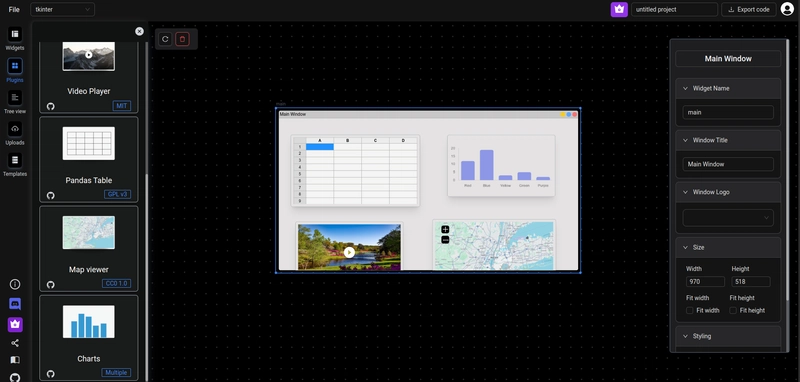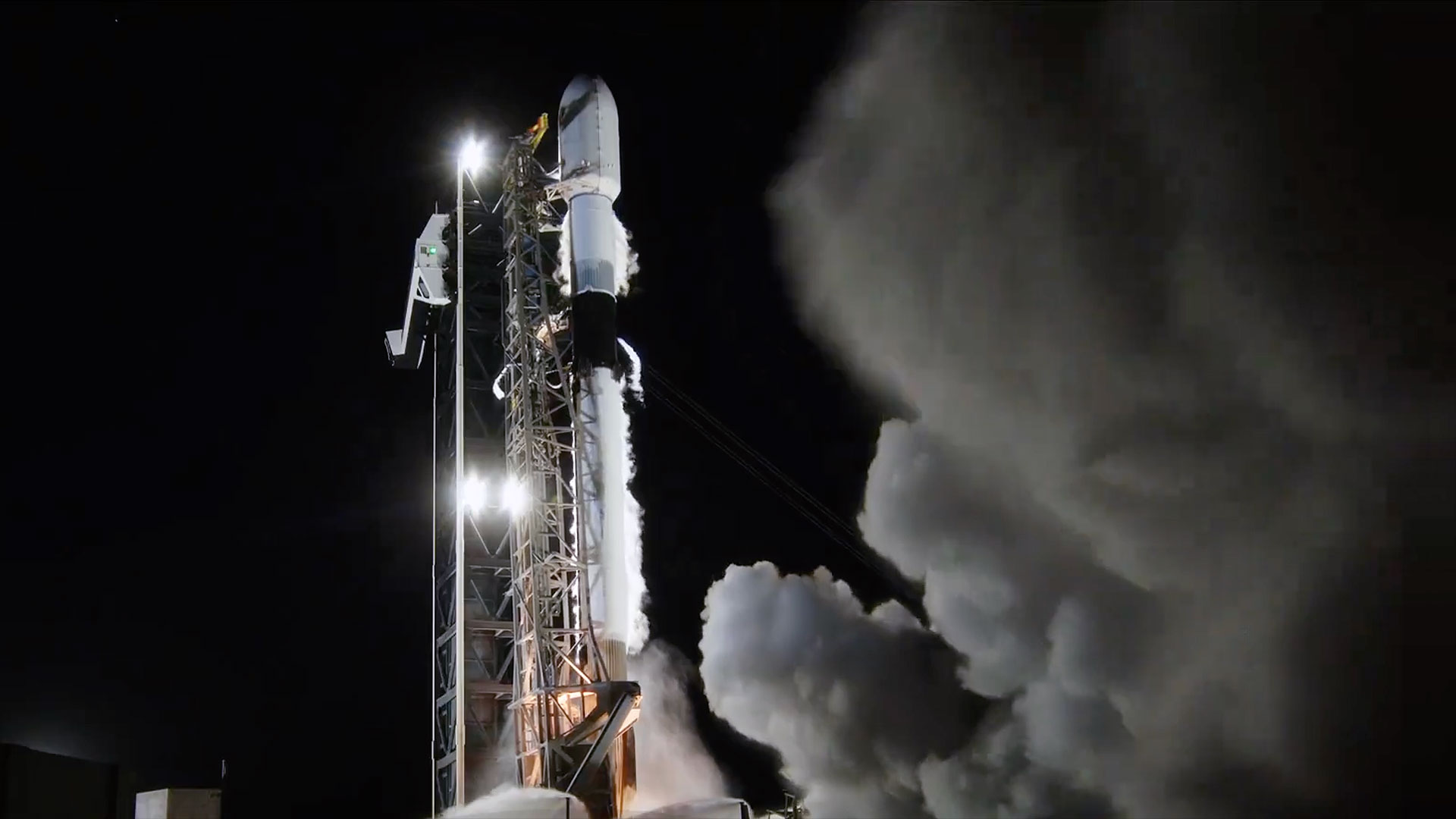Global markets: Investors continue to flee the U.S. as analysts predict tariff-induced recession
This year, the dollar has lost nearly 10% of its value against the DXY, an index of commonly traded foreign currencies, as investors pull away from U.S. economic uncertainty.

- Investors continued to shy away from U.S. assets as they digested the ongoing potential fallout from President Trump’s tariff regime and China’s response to it, over the Easter weekend. The S&P 500 is down 10% year-to-date. Futures in the S&P were down more than 1% this morning.
Stock trading was thin over the Easter weekend as many global markets were closed for Good Friday and Easter Monday. But there was one obvious indicator of sentiment regarding the U.S. economy: The weakening dollar.
This year, the dollar has lost nearly 10% of its value against the DXY, an index of commonly traded foreign currencies, as investors pull away from U.S. economic uncertainty. The dollar has lost 9% of its value vs the British pound and 8% against the euro, year-to-date.
A big part of the dollar's losses come from the fear that the Trump Administration will take political control of the Fed. "U.S. National Economic Council Director Hassett said U.S. President Trump was investigating whether they could fire Federal Reserve Chair Powell. Investors seem less than happy with the idea of a politicized Fed—the US dollar and long-dated government bonds have weakened," wrote UBS's Paul Donovan in a note to clients this morning.
Mainland China's CSI 300 rose 0.3% Monday, in contrast will broad premarket drops in U.S. indexes.
Investors pulled their money out of U.S. assets after China threatened to retaliate against countries that made trade deals with the U.S. that hurt Chinese interests, deepening worries that the Trump administration's tariffs will unleash a full global trade war.
“China is determined and capable of safeguarding its own rights and interests," China's Commerce Ministry said in a statement.
Here’s a snapshot of global markets this morning prior to the opening bell in New York
- The S&P 500 is down 10% YTD. It closed at 5,282.70 before the Easter holiday.
- Futures in the S&P were down more than 1% this morning.
- Nasdaq futures are down 1% premarket.
- Asian markets were mixed this morning with Japan’s Nikkei 225 down 1.3% but India’s Nifty 50 and Hong Kong’s Hang Seng both up more than 1%. European markets are largely closed this Easter Monday.
- Japanese automakers got hit hard as Japan's Prime Minister Shigeru Ishiba said his country wouldn't concede to all U.S. trade demands, opening up the possibility of a lengthy tariff battle: Toyota was down 2.9%. Mazda dropped 5%.
- Netflix — which is largely unaffected by the tariffs — was up by 2.83% to $1,000.61 in after-market trading.
- Bitcoin hit $87,554.80 this morning, up 3.7% for the month.
- European markets are largely observing the Easter Monday holiday.
On Wall Street, analysts remain gloomy about the American economy
There is a 90% chance of a recession in the U.S. in 2025, according to Apollo Management's Torsten Sløk. His latest estimate is far higher than those published by Goldman Sachs or JPMorgan. “Tariffs have been implemented in a way that has not been effective, and there is now a 90% chance of what can be called a Voluntary Trade Reset Recession (“VTRR”),” he wrote. “The negative impact on GDP in 2025 could be almost 4 percentage points, not including additional non-linear effects because of the current increase in uncertainty for consumer spending decisions and business planning.”
His counterpart at Oxford Economics, John Canavan, was similarly negative. In a recent note to clients he wrote: “While the easing of tariff threats has helped to soothe markets for the moment, the level of tariffs on the rest of the world remains historically high and risks to inflation and economic growth remain high.”
Big Tech’s “Magnificent Seven”—Apple, Microsoft, Nvidia, Amazon, Tesla, Alphabet and Meta—kick off earnings season this week, starting with Tesla on Tuesday. The second Trump administration has not been kind to their stock values so far: In the period between President Trump's inauguration and April 20, their combined market capitalization dropped by $3.8 trillion, or 22%, according to an AP analysis.
This story was originally featured on Fortune.com






































































